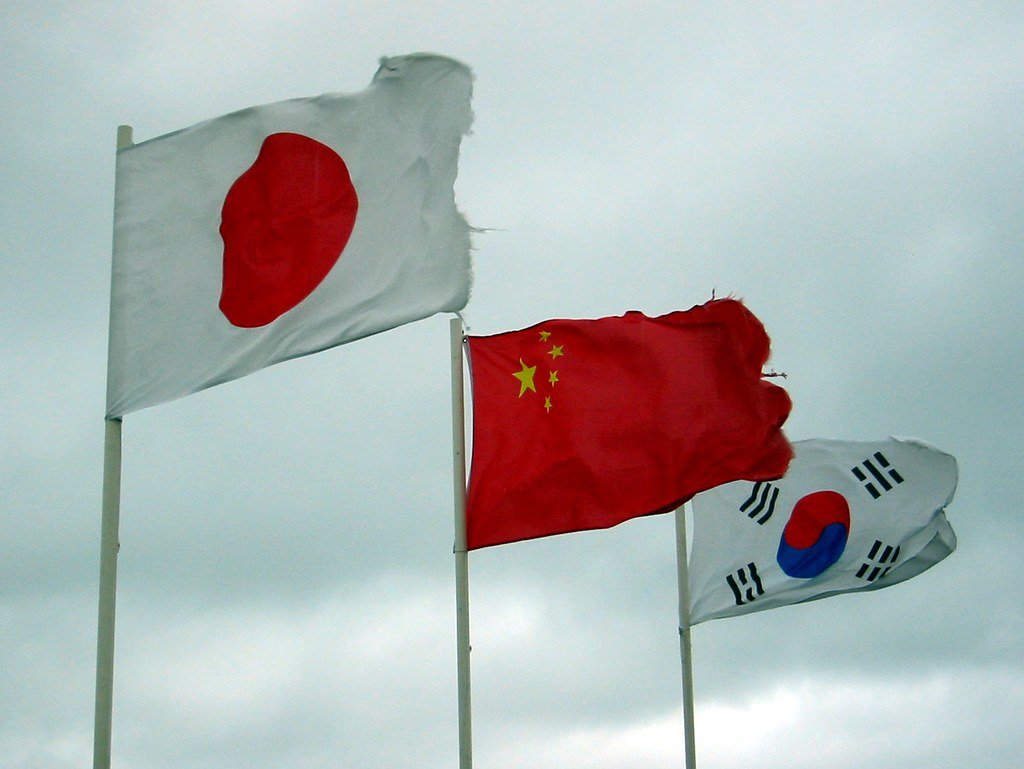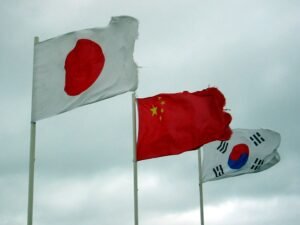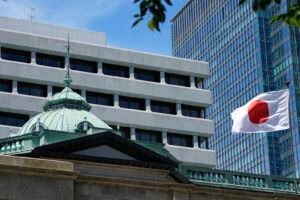Bank Of Japan Holds Rates Steady Amid Global Economic Uncertainty
- The Bank of Japan (BOJ) has decided to maintain its interest rates, causing a significant shift in its monetary policy.
- This decision was influenced by recent inflation data and the reaction to the July rate hike, which triggered a global stock sell-off.
- Despite the BOJ’s cautious stance, economists predict further rate hikes, with 70% expecting another by December.
- The BOJ’s decision reflects its commitment to stabilizing financial markets and managing inflation, amidst rising global economic uncertainty.
In a move that has sent ripples across the global financial landscape, the Bank of Japan (BOJ) has decided to maintain its interest rates. This decision was made on Friday, marking a significant shift in the BOJ’s monetary policy, which had previously seen a rate hike in July. The July rate hike had a profound impact on the global markets, causing a sharp rise in the yen and triggering a sell-off in global stocks.
The Nikkei 225, Japan’s premier stock index, experienced its most significant single-day drop since the infamous Black Monday crash of 1987. This tumultuous response to the rate hike has been a key factor in the BOJ’s decision to maintain its current interest rates. The BOJ’s decision to keep interest rates unchanged was also influenced by recent inflation data.
Inflation Trends and Monetary Policy
Inflation in Japan, the world’s fourth-largest economy, has been on an upward trajectory, with price rises exceeding the BOJ’s target of two percent since April 2022. However, the central bank has questioned the sustainability of this inflation trend, attributing it to temporary factors such as the ongoing conflict in Ukraine. Despite the BOJ’s cautious stance, economists are predicting further rate hikes in the near future.
A Bloomberg survey revealed that approximately 70% of economists expect another rate hike by December. Capital Economics, a leading economic research consultancy, has forecasted that the next rate hike could occur as early as October, given that inflation is likely to remain close to the BOJ’s two percent target until early 2025.
Economic Outlook Amid Rate Hikes
However, not all economic analysts share this optimistic outlook. Stefan Angrick from Moody’s Analytics has warned that future rate hikes could potentially hamper Japan’s economic growth. According to Angrick, the absence of demand-driven price pressures could mean that rate hikes will serve as a drag on growth, or worse, precipitate a broader economic downturn.
The BOJ’s decision to maintain interest rates comes at a time when central banks worldwide are grappling with the economic fallout of the COVID-19 pandemic. The U.S. Federal Reserve’s recent decision to slash rates for the first time since the pandemic began has added another layer of complexity to the global economic landscape.
The BOJ’s decision also echoes a similar event in 2007 when the central bank raised borrowing costs for the first time in almost a decade. This move, which took investors by surprise, was followed by a significant miss on U.S. jobs creation, sending markets into a tailspin on U.S. recession worries.
In conclusion, the BOJ’s current monetary policy stance reflects its commitment to stabilizing the financial markets and managing inflation. However, the central bank’s decision to maintain interest rates also underscores the challenges that lie ahead for Japan’s economy. With inflation on the rise and the global economic landscape in flux, the BOJ’s next steps will be closely watched by investors and economists worldwide.













Post Comment